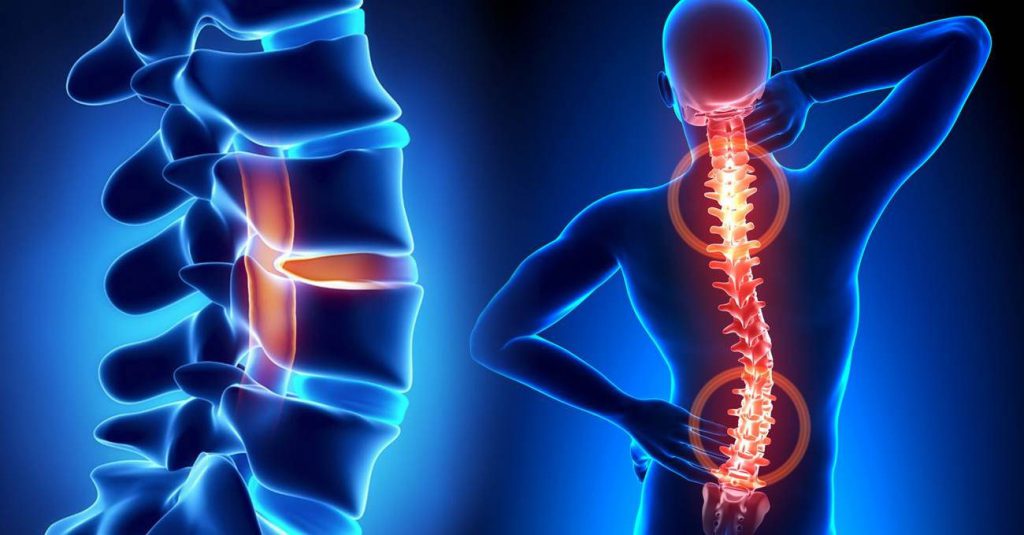Spinal disorders can cause pain, mobility restrictions, and reduced quality of life. A spine neurosurgeon specializes in diagnosing and treating complex spinal conditions through both surgical and non-surgical methods. Understanding the role of these specialists can help you make informed decisions about your spinal health care.
What Is a Spine Neurosurgeon?
A spine neurosurgeon is a medical doctor who has completed training in neurological surgery with a focus on spinal disorders. These physicians possess advanced knowledge of spinal anatomy, including vertebrae, discs, ligaments, muscles, and the spinal cord. Spine neurosurgeons differ from orthopedic spine surgeons in their approach to spinal conditions. While both specialties treat spinal disorders, neurosurgeons focus specifically on conditions affecting the nervous system components of the spine, including the spinal cord, nerve roots, and related neurological structures.
What Services Do They Offer?
These healthcare professionals offer comprehensive evaluation and treatment for spinal disorders through a variety of approaches. Initial consultations typically include a detailed review of medical history, a physical examination, and an analysis of imaging studies, such as MRI scans, CT scans, or X-rays. These specialists may also perform nerve conduction studies and other diagnostic tests to assess neurological function.
Non-surgical treatment options may include medication management, physical therapy, and lifestyle modification recommendations. Some spinal conditions respond well to conservative treatment approaches before surgical intervention becomes necessary. Surgical services encompass both traditional open procedures and minimally invasive techniques. Common procedures include microdiscectomy, laminectomy, spinal fusion, and artificial disc replacement.
What Are Spinal Disorders?
Spinal disorders encompass a wide range of conditions affecting the vertebrae, discs, ligaments, muscles, or neurological structures of the spine. Spine neurosurgeons typically treat degenerative conditions such as herniated discs, spinal stenosis, and spondylolisthesis. These conditions often develop gradually due to aging, wear and tear, or genetic factors.
Traumatic injuries to the spine can result in fractures, dislocations, or spinal cord damage requiring immediate neurosurgical intervention. Motor vehicle accidents, falls, and sports injuries are common causes of acute spinal trauma. These cases may require emergency surgery to stabilize the spine and prevent further neurological damage.
Spinal tumors, both primary and metastatic, represent another category of disorders requiring specialized neurosurgical care. These growths can compress the spinal cord or nerve roots, causing pain, weakness, or loss of function. Congenital spinal abnormalities such as spina bifida, scoliosis, or tethered cord syndrome may also require neurosurgical intervention. These conditions are typically identified during childhood or adolescence and may require ongoing management throughout a patient’s lifetime.
How Can a Specialist Help?
Spine neurosurgeons provide accurate diagnosis through comprehensive evaluation and advanced diagnostic techniques. Their specialized training allows them to differentiate between various spinal conditions that may present with similar symptoms. This precision in diagnosis leads to more targeted and effective treatment approaches.
Treatment planning involves evaluating multiple factors, including the patient’s age, overall health, the severity of symptoms, and lifestyle requirements. Spine neurosurgeons develop individualized treatment plans that may begin with conservative approaches before progressing to surgical options if necessary. This graduated approach maximizes the potential for symptom improvement.
Treat Your Spinal Disorder
Spinal disorders may significantly impact your daily life, but effective treatment options are available through specialized care. Spine neurosurgeons offer comprehensive evaluation and treatment approaches ranging from conservative management to advanced surgical procedures. If you are experiencing persistent back pain, neurological symptoms, or mobility limitations related to spinal conditions, consultation with a specialist can provide the specialized care you need. Contact a qualified neurosurgeon today to discuss your symptoms and explore treatment options that can help restore your quality of life.
